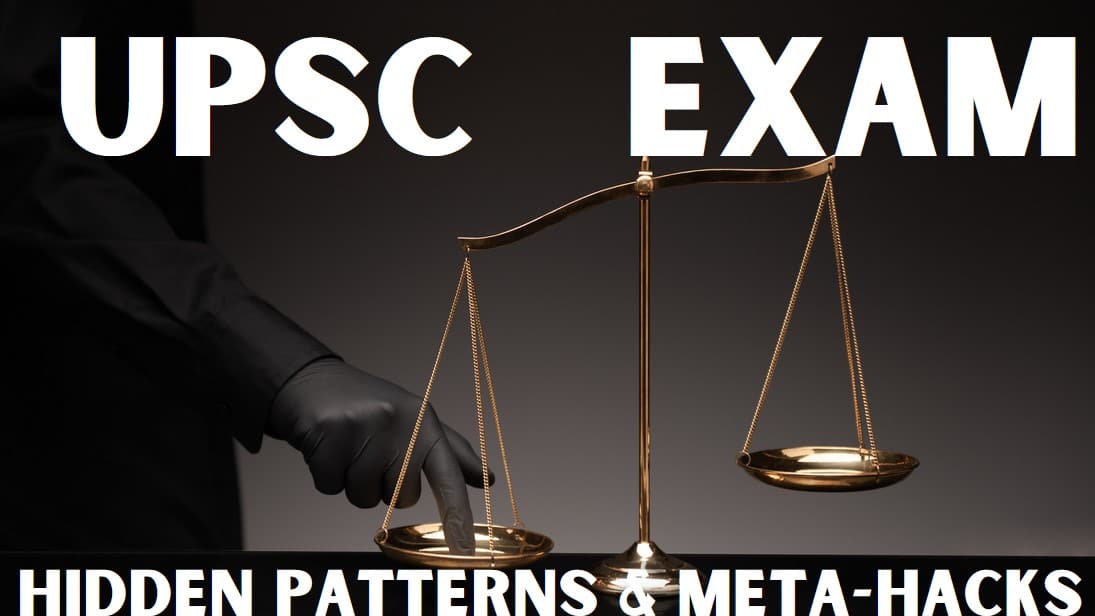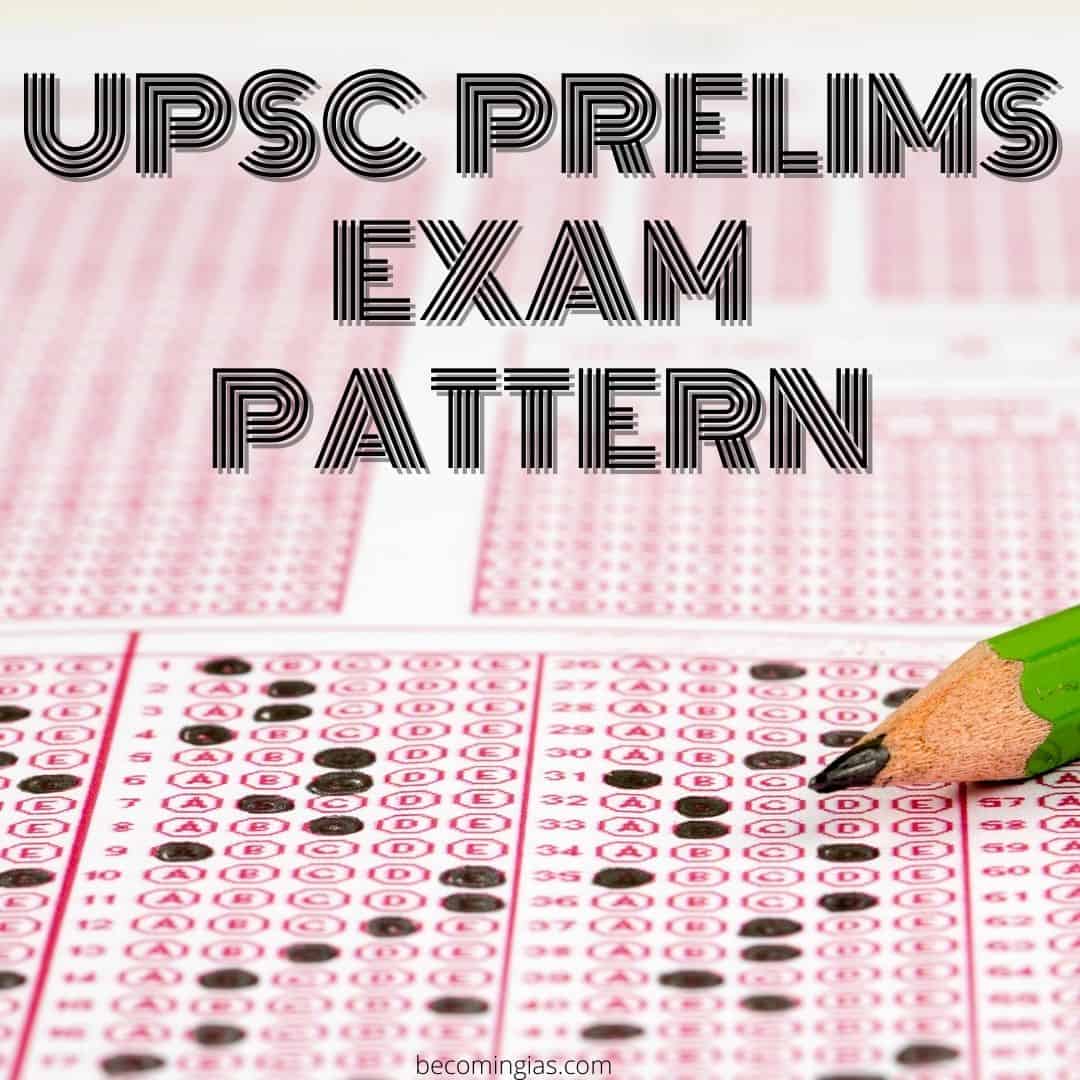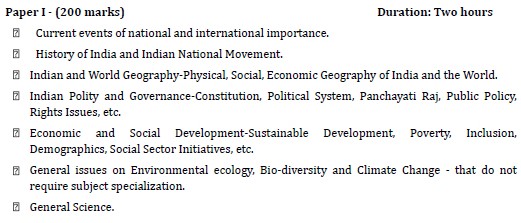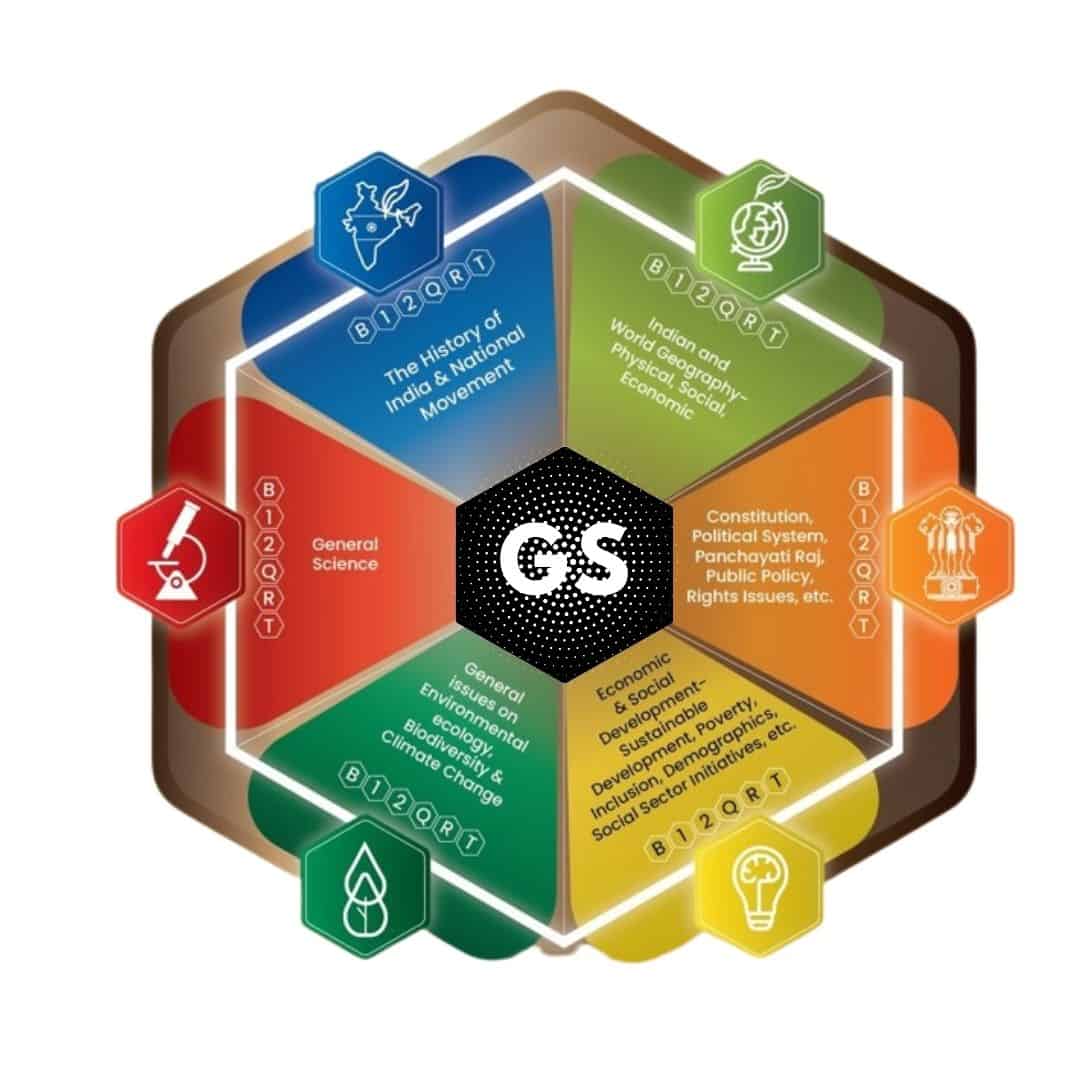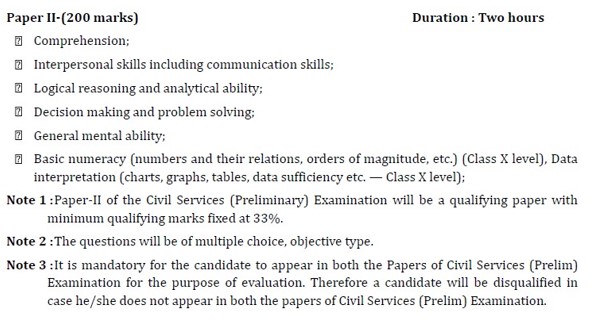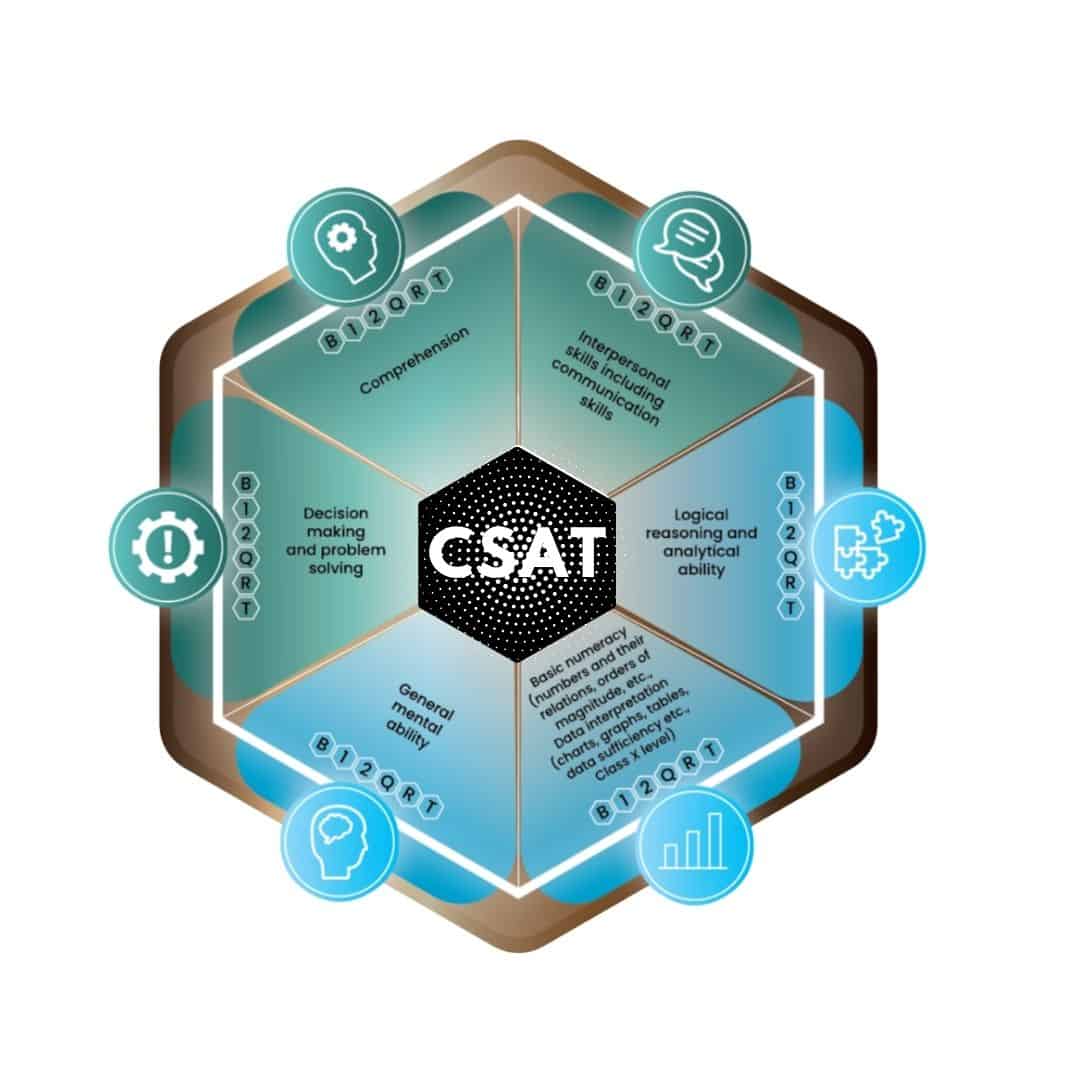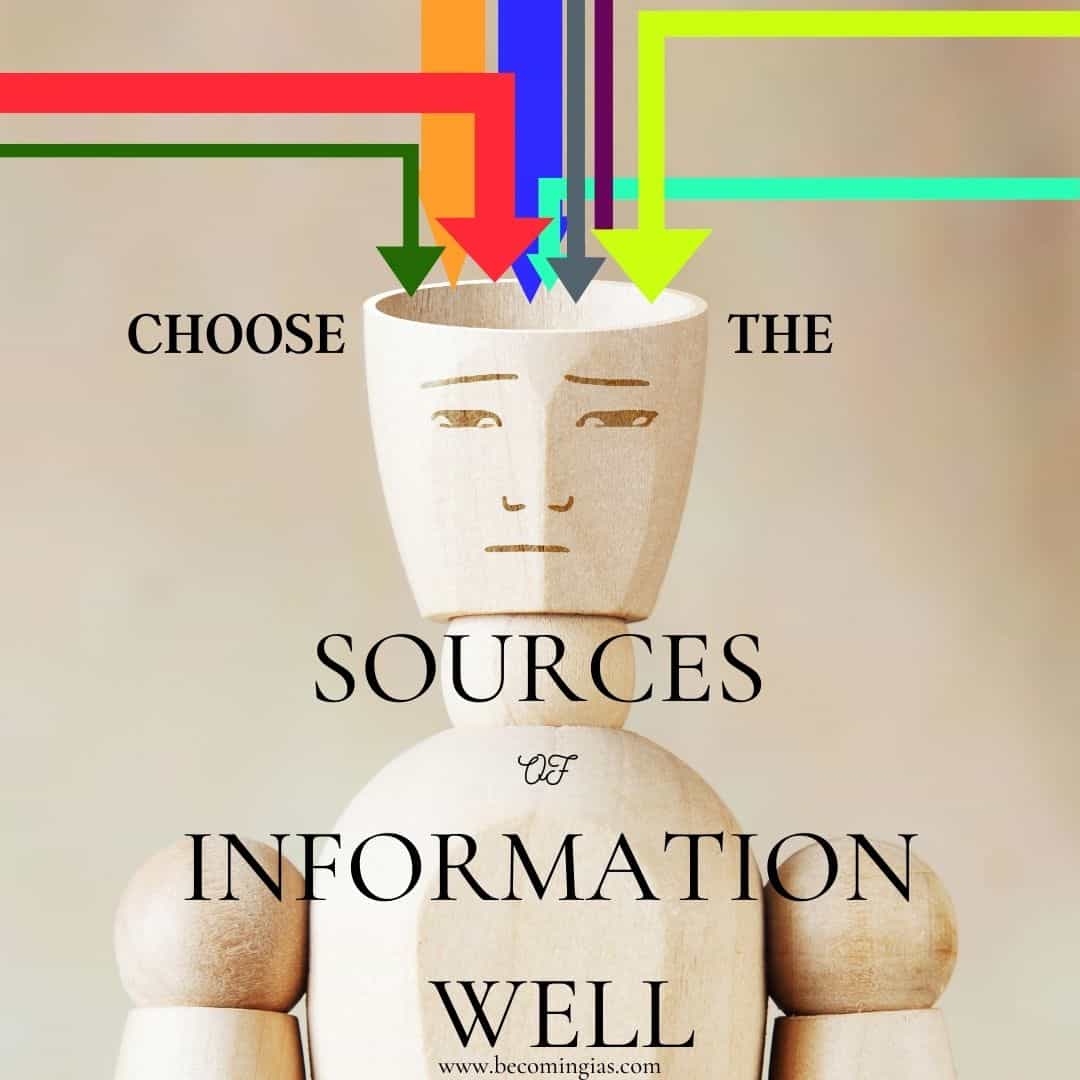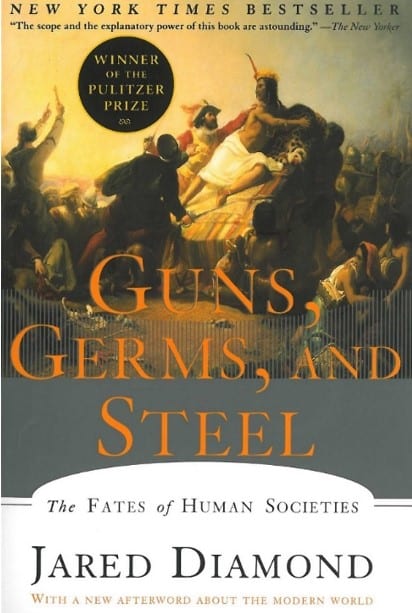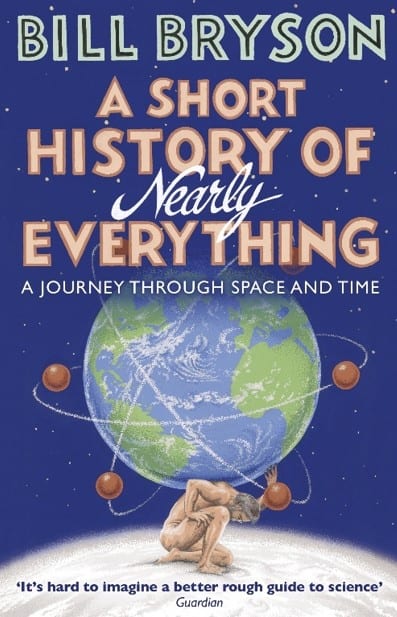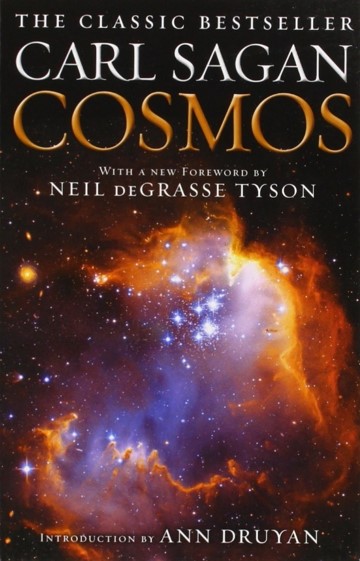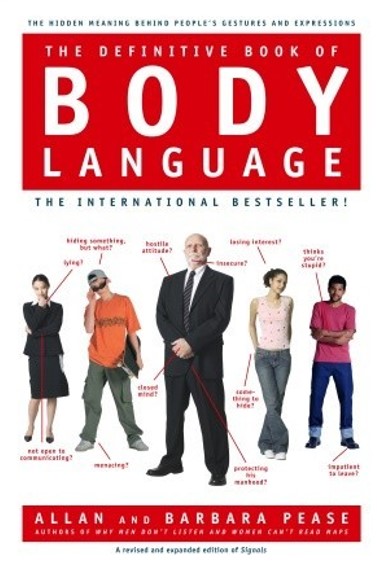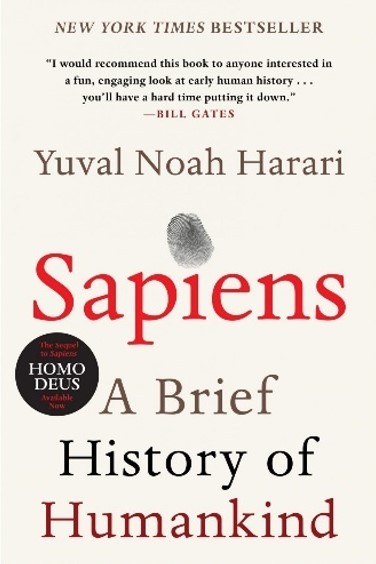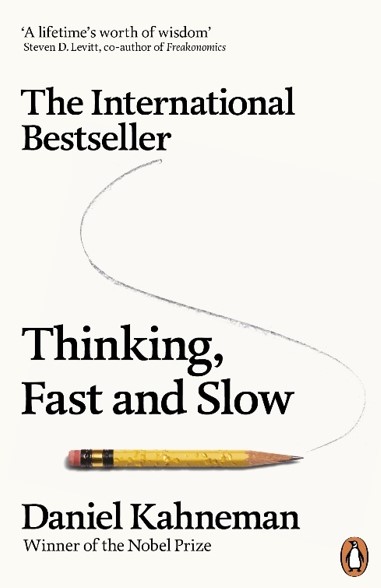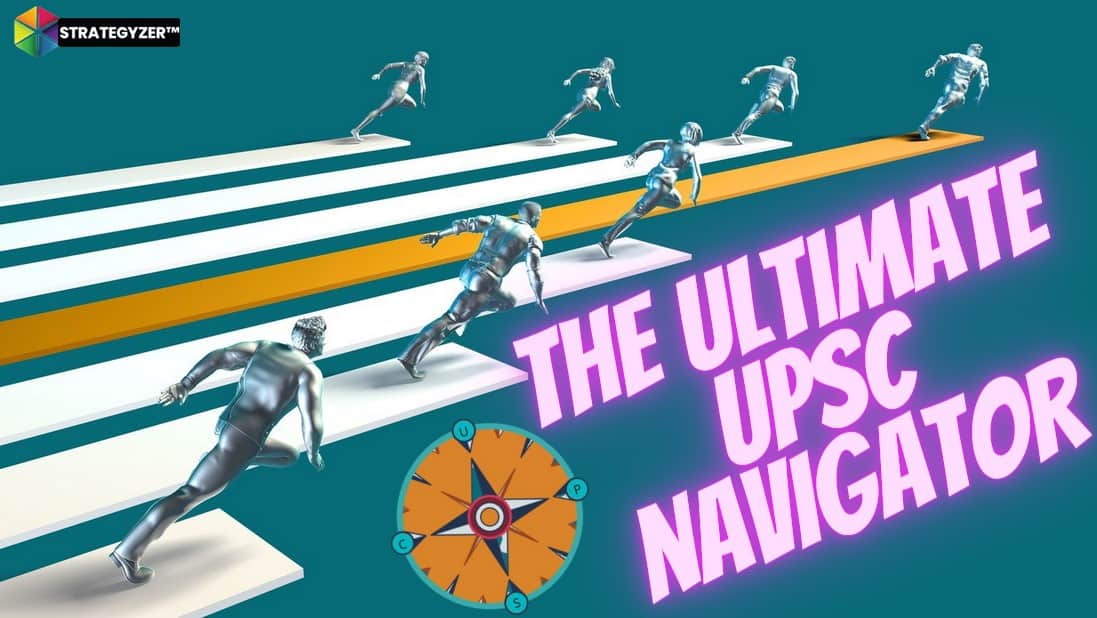
Preliminary Examination or Prelims includes two examinations or Tests.
- Test 1 of Prelims: CSAT or Civil Services Aptitude Test
- Test 2 of Prelims: GS or General Studies
UPSC Prelims is one of the most, if not the trickiest part of the entire IAS exam. To qualify the UPSC Prelims exam you must conquer cut-throat competition and cover a vast syllabus of content.
But do not feel anxious or intimidated by what is supposedly, one of the world’s toughest examinations. Because it is not nearly as hard as it is made out to be.
You can conquer UPSC Prelims with good predictability by using powerful insights from many successful candidates which have been distilled below. There is a hidden pattern and a scientific way to beat this exam
There is a method to the madness.
Part of the reason UPSC Prelims is such a daunting task is because of the lack of clarity about the UPSC Prelims syllabus, how to prepare for it, where to prepare from and how to gauge one’s progress while doing so. Knowing this wins half the battle.
The information pertaining to the UPSC exam such as the UPSC syllabus, Previous year Questions etc can be found everywhere but a smart aspirant knows the difference between information and wisdom.
The UPSC exam itself is a test of your insight and wisdom instead of just the amount of information in your memory.
This crucial difference between information and insights is clearly reflected in the type of questions asked in Prelims, Mains, and the Interview. To score well in the IAS exam, only information is not enough. You need insight as well. Let this idea sink in and inform your preparation strategy for the UPSC journey.
Extract from the official UPSC notification
What you will find on these pages is more than information- it is condensed wisdom borne out of the insights of many successful candidates.
The objective of this page is to simplify the UPSC Prelims exam from syllabus to strategy, scientifically.
Exam Pattern: What You Need To Know About UPSC Prelims
- All Questions are Multiple Choice Questions (MCQ).
- Questions will test your knowledge about a variety of topics listed in the syllabus.
- UPSC Prelims GS paper consists of 100 questions and lasts for 2 Hours.
- There will be negative marking for all wrong answers.
- This means that every question will have 4 options out of which 1 will be correct.
- If you don’t choose any option and leave the question blank, no marks will be deducted.
- If your answer is wrong, 1/3 marks will be deducted.
- You must try to score as much as possible. At least 60% marks are usually required.
- If you do not score above the cut-off, you will be disqualified from the entire exam i: e Game over.
- If you score above the cut-off, it will not affect your ranking or success in the IAS exam.
UPSC Prelims Syllabus: What Exactly It Is and What It Means
UPSC Prelims consists of CSAT (Civil Services Aptitude Test) and General Studies GS.
This may seem like a lot, and it is but before jumping into these individual subjects, you must look for hidden patterns in the syllabus. Knowing these patterns usually makes the difference between qualifying the exam and failing to do so.
UPSC syllabus for CSAT in the official UPSC notification is as follows-
The Ultimate UPSC Navigator uses the 6SD or 6 subject-domains of the entire General Studies syllabus allows you to cover UPSC Prelims and Mains syllabus simultaneously – saving precious time. It also allows for much deeper learning.
These hexagons contain the finer details of the syllabus for each paper in the UPSC exam which in this case is CSAT. The QR Portal will take you to important resources, PYQ etc for CSAT
PREVIOUS YEAR QUESTIONS for UPSC PRELIMS GENERAL STUDIES (YEAR WISE)
| 2020 | 2019 | 2018 | 2017 |
| 2016 | 2015 | 2014 | 2013 |
| 2012 | 2011 |
SOURCE CODE: STUDY SOURCES FOR UPSC PRELIMS – BOOKLISTS, PLAYLISTS AND MORE
The sources of information for UPSC Prelims should be as diverse as the subject domains it encompasses. And it is just as important to choose as them well.
There is no dearth of books for general studies or YouTube videos dispensing content about topics in the UPSC syllabus. The problem is not where to prepare from but where NOT to. Your problem is not less choice, but too much choice.
This is why you need more content curation instead of more content. The Source code in this website is curated and shortlisted best sources ( books, playlists, and more) for UPSC preparation selected by many toppers.
Not all sources of information are textual (books and articles). Some exist in video format (YouTube/ live classes or recorded lessons) while others may be Audio (Listening to the news/audio books/podcasts) or even imagery (Infographics).
The Source code for the UPSC exam includes not only booklists but Youtube Playlists, webpages and more.
This is important because you can consume different types of content at different times of the day and with different receptiveness.
This critical learning insight is embedded in the HexaTask Method of the Strategyzer which prescribes levels of learning based on scientific progression. As you follow the 6 tasks you are gradually going towards deeper and deeper levels of content mastery. This ensures preparation for Prelims and Mains both of high quality.
SOURCE FILTER: Limit General Studies sources to a maximum of 3 textual sources and 2 video sources per subject-domain (6SD) for the entire preparation.
You will find the study sources for each subject domain in GS listed under the Subject pages.
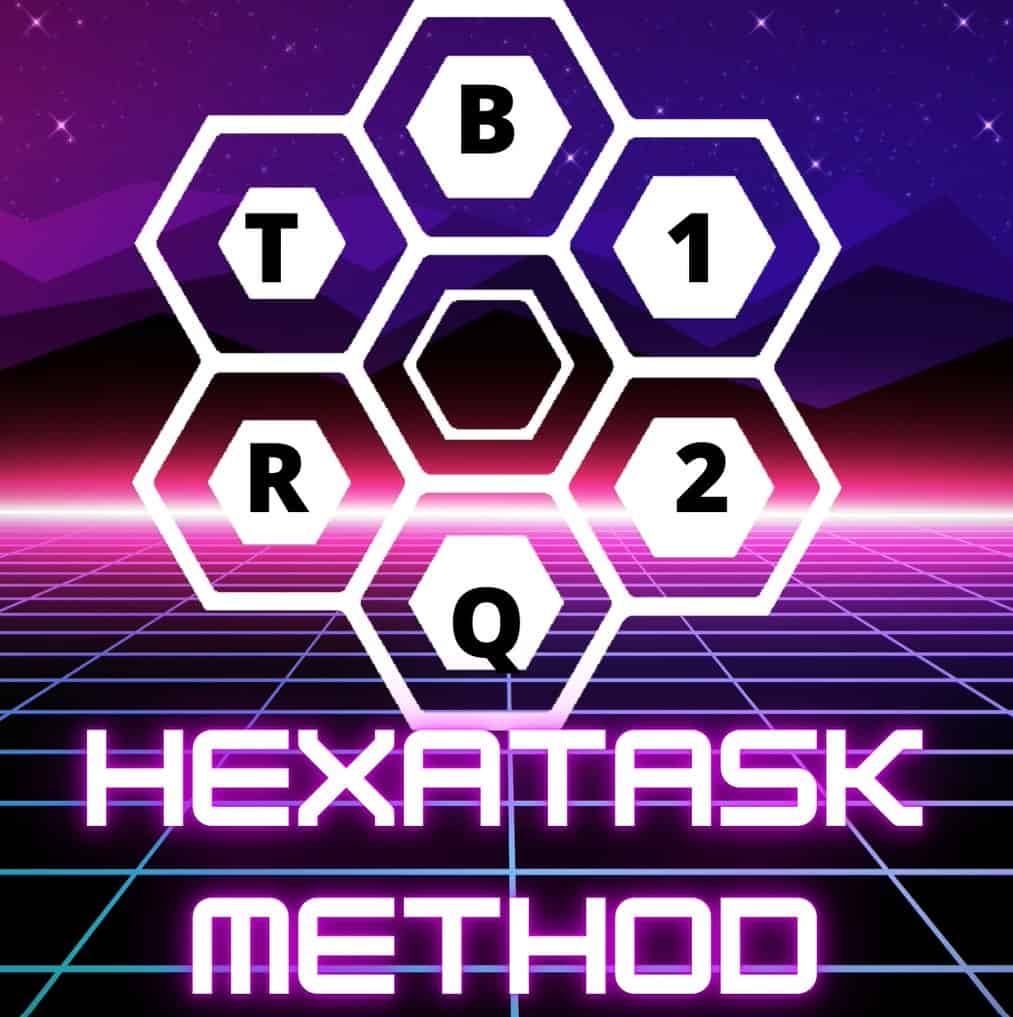
Booklists
Most students jump into booklists without considering other important stages of learning. Reading from textbooks should come at a later stage in your learning because you should have a mental map of the content beforehand.
The complete learning methodology for UPSC is detailed in the Strategyzer
If time permits and you wish to broaden your intellectual horizons for the UPSC exam, here is the ultimate book list. Note that this booklist is does not cover the core syllabus (NCERT, Lakhsmikanth, etc) of the UPSC exam and should be treated as supplementary readings.
(You will find a carefully selected booklist with NCERTs etc for individual subjects like History, Polity etc on the subject webpage. Use the navigation Panel to jump between them.)
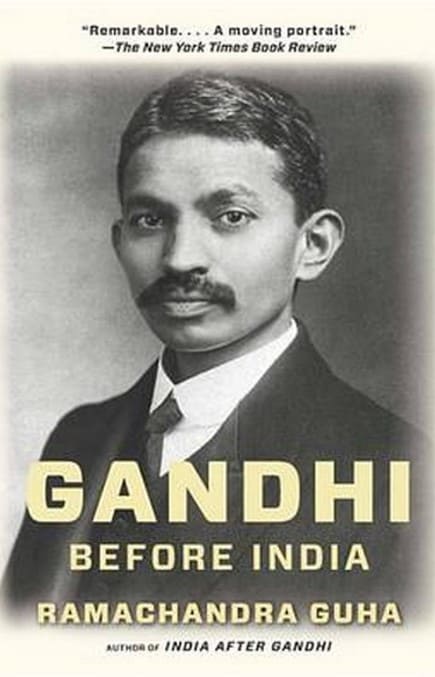

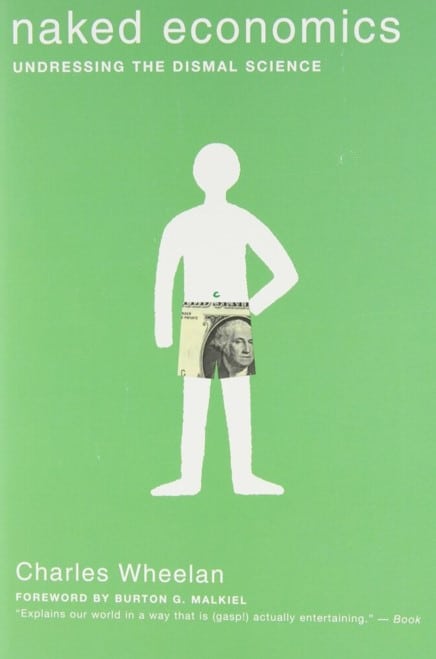
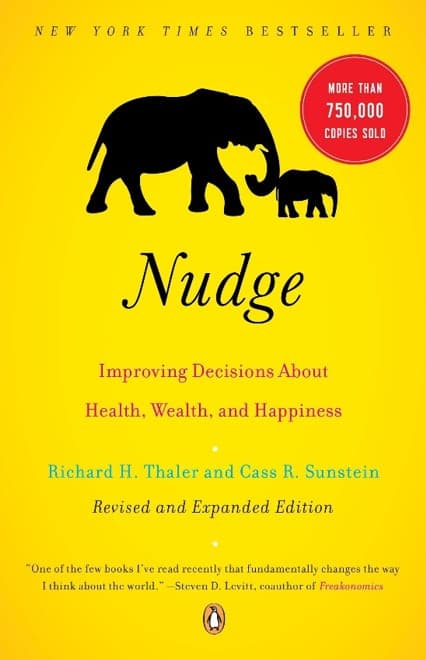
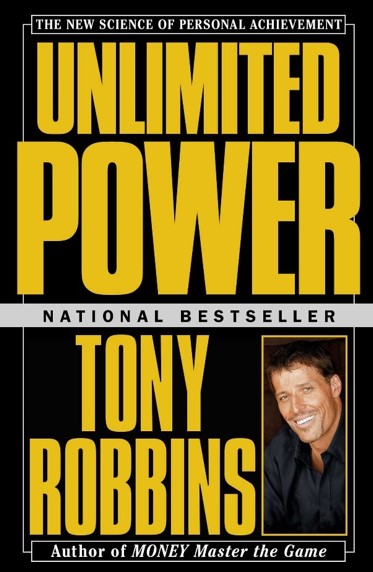
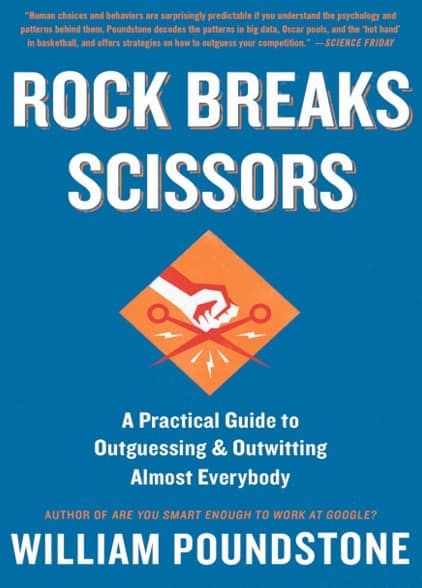
Note: As a UPSC aspirant, your time is precious, so spend it wisely. While these books are all personal favourites and can add much value to you as a person, I recommend reading these books only if you can afford the time without compromising on your core UPSC preparation.
YouTube
Most learning is visual, and the importance of visual learning cannot be overstated. Images, memes, graphics have a much larger imprint on the mind than text. They help in making deeper connections and in ‘anchoring’ your memory to other memories and enhance your knowledge network.
Here are some of the best Youtube Channels for UPSC Prelims-
- Crash Course
- The School of Life
- Ted Ed
- Forbes
- Talks at Google
- National Geographic
- Stated Clearly
- Seeker
- Big Think
- Vpro Documentary
- DW Documentary
- Sceince Magazine
Beware of click-bait but videos are essential for Big Picture Formation about any topic.
Restrict your total watch time to 6 hours/ week for current affairs. This will be enough to accommodate multiple videos which you can accumulate by saving important ones in a separate playlist for revision later.
Playlists should precede booklists while preparing for the UPSC. Navigate to find curated Playlists for Individual subjects for Big Picture Formation for UPSC subjects in the relevant tabs.
Social Media and WWW
Contrary to popular belief, social media platforms like Facebook/Instagram are not necessarily a waste of time. If used correctly, they can be potent supplements to your knowledge acquisition efforts for the UPSC exam because this exam is highly dynamic and social media captures this dynamism better than any other media on Earth. The other reason is that content on social media is visual and condensed- it is designed for quick consumption.
It is true that MOST of the content on social media is useless for you. As a serious aspirant, you should either stay away from social media altogether or figure out a way to use it to your advantage. And this is certainly possible, but the trick is in the details.
Facebook can be a powerful platform to filter out the best content in the world, IF and only if, it is used for the content instead of socializing. To do this, follow pages instead of people.
Unfollow everyone in your friend list. This will make sure that your feed is not populated by irrelevant content like honeymoon pictures, celebrity news etc. You can turn your Fb feed into an educational content stream by following relevant pages.
Web Pages worth following should ideally be authoritative, non-commercial, scientific, credible and relevant for the examination.
Some websites I follow and find to be useful for UPSC examination are –
- CNN
- Discovery
- National Geographic
- Kurzgesag
- Cheddar
- BigThink
- SciShow
- The Economist
- PopSci,
- New Scientist
- The Ney York Times
- GOI websites of different ministries/departments
You will find individual www lists and playlist recommendations for each subject under each subject page.
Important: Make sure that your browsing is restricted. Do not follow more than 10 pages. Restrict your surfing time to 2-3 hours/week. Save important and good articles in your library for revision.
All Social media is not useless for UPSC aspirants

A Screenshot of my Fb feed
INSIGHTFUL ARTICLES BY TOPPERS ABOUT UPSC PRELIMS
Articles/blogs about UPSC PRELIMS and useful links:
- https://becomingias.com/upsc-prelims-2021-the-ultimate-cheat-sheet-mcq-hacker-2-0/
- https://becomingias.com/how-to-conquer-the-upsc-prelims-in-6-simple-step
- https://becomingias.com/pre-prelims-2020-12-crucial-last-minute-tips/
- https://becomingias.com/upsc-result-is-out-what-this-means-for-all-aspirants/
- https://becomingias.com/upsc-prelims-result-2020-declared-what-should-i-do-now/
- https://becomingias.com/5-critical-things-post-upsc-prelims/
Disclaimer
While we strive to provide you with updated information, please go through the latest official exam notification to check the detailed eligibility criteria for the specific exam year to avoid any confusion.
